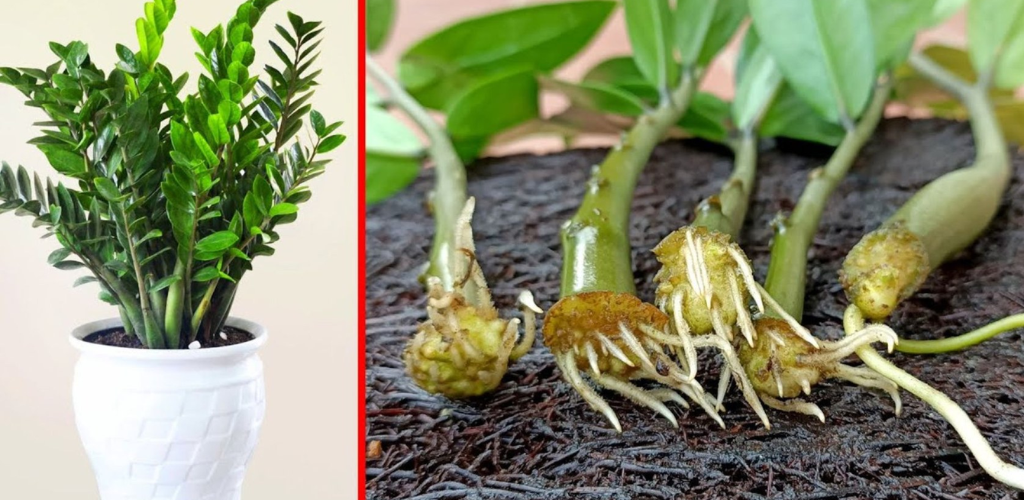5 most important tips to take care of your indoor plants so as not to kill them
Do you want to keep your indoor plants healthy for a long time? Sometimes, a few small tricks are enough to prevent them from dying.
If you want them to stay green, prosperous and healthy, follow these important tips to the letter!
1. Avoid overwatering
Excessive watering is the main cause of unintentional plant death. Generally, people who have plants at home think that they all need water in the same way. That’s wrong. You should know that each plant is different: the water supply varies depending on its place of origin, the climate and its growing conditions.
For example, cacti and succulents do not require much water because they prefer dry soil.
2. Do thorough research
Before or after purchasing a plant, we strongly recommend that you thoroughly understand its composition and needs. To do this, you can consult any gardening site in particular. This way, you will be able to find out the requirements of this plant in terms of light, soil, water, fertilization and humidity.
Once you have acquired all these elements, you can safely apply these recommendations.
3. Sufficient light
Some houseplants need full sun exposure, others will thrive in partial light , and others will prefer a shadier spot. It’s important that you get the right level of light for the plant you’re growing so that it stays perfectly healthy.
4. Correct pot size
Choose appropriate pots for your plants with enough drainage holes to prevent rot. Opt for a normal size, neither too big nor too small. The main thing is to never choose a container that is too big, because it will retain water for a long time, which will cause root rot and the death of your plants.
5. Check the plants regularly
It goes without saying, but it’s important to regularly monitor the health of your plant. So find a time to take a close look at the condition of the foliage. Make sure the leaves aren’t overwatered, the plant is in the right spot, and it’s getting enough natural light. If you spot any signs of pests, such as insects or fungus, address the problem immediately before it gets out of hand. These toxic elements can kill your plants quickly if not dealt with in time.
Also check to see if the roots are sticking out of the pot. If this is the case, dig up the plant, cut off the ends, and replant it in a larger pot with fresh potting soil.
